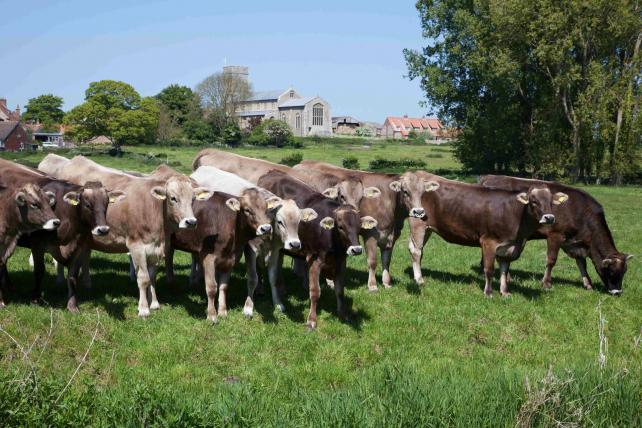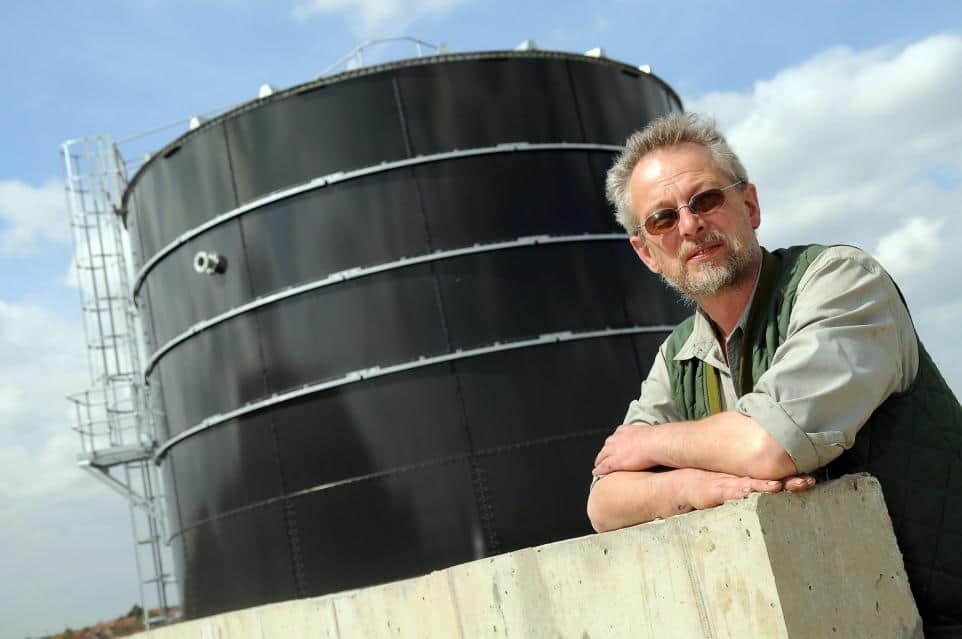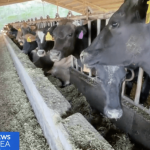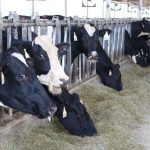
Stephen Temple produces biogas from an anaerobic digestion (AD) plant at Copys Green Farm in Wighton, near Wells.
It processes slurry from his cows as well as maize, silage and whey from the family farm’s cheesemaking business. About 25pc of the resulting biogas is used on the farm, with the rest exported to the grid.
He has added his voice to industry calls for more government action to tap into this “unused” renewable energy source.
Arla, the UK’s biggest dairy cooperative, is calling for a new national strategy for anaerobic digestion of farm and food waste, incorporating larger community-based facilities generating biogas for the grid or transport, and small-scale digesters creating energy for use on farms.
Mr Temple said: “Cow slurry has the potential to power communities across the UK and be used as a natural fertiliser to nourish the land we farm.
“Unfortunately installation of an anaerobic digestor to make this happen is not cheap, and operation and maintenance have to be learnt, but the benefits soon outweigh the obstacles.
“We’re hoping that with the government’s help we can resolve the difficulties farmers face with grid connections, costly installations, and regulatory and planning issues so we can better utilise this invaluable energy source.”

Arla is also championing more affordable grid connections, and more help for farmers to install solar power and other renewables.
James Pirie, vice president of logistics at Arla, said: “Dairy farmers have the potential to play a major role in the future of the UK’s energy security, using natural resources to provide more energy independence.
“With better infrastructure and network support, Britain’s livestock sector, including Arla farmers, have the potential to turn nearly 91m tonnes of manure and slurry and 10m tonnes of food waste into 8bn cubic metres of biomethane, enough to power 6.4m homes.”




















